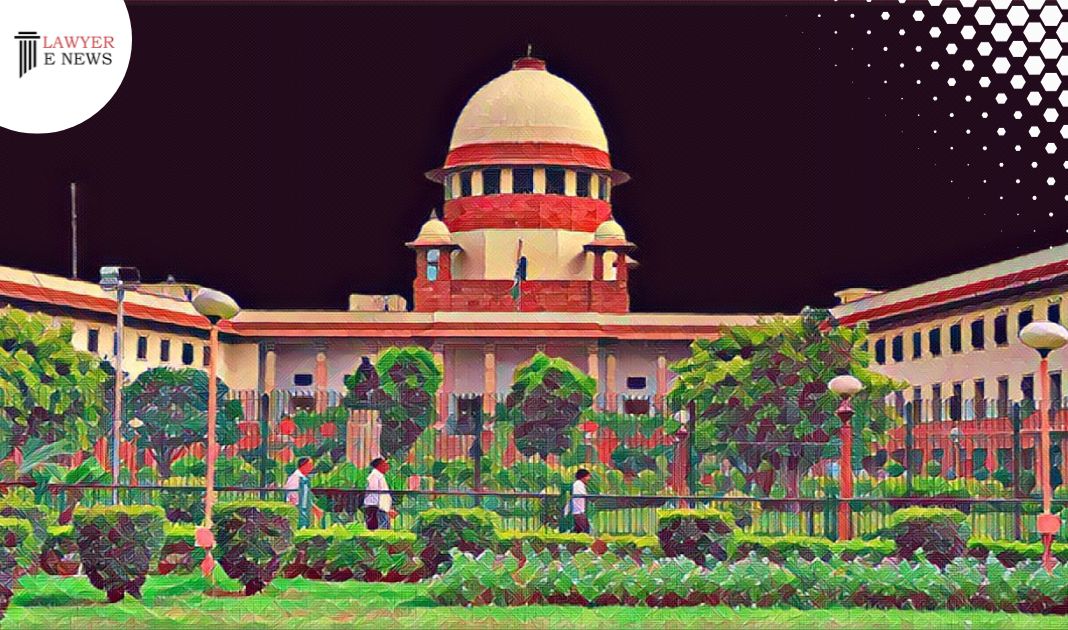-
by Admin
15 February 2026 5:01 PM



In a significant ruling, the Supreme Court has reversed the decisions of the High Court and lower courts, emphasizing the judiciary’s role in preventing miscarriage of justice due to minor procedural errors. The judgment arose from a pre-emption suit involving a trivial shortfall of ₹14 in the deposit amount required for property rights.
The central legal issue addressed by the Supreme Court revolved around the judicial discretion to rectify minor clerical or calculation errors during litigation. The apex court underscored the principle that trivial mistakes should not lead to severe repercussions like the dismissal of a suit, which could otherwise result in substantial injustice.
The dispute originated from a pre-emption suit where the appellants, successors of Kanihya (deceased), had been directed by the trial court to deposit ₹9,214 minus a previously deposited amount. Due to a clerical error, the appellants deposited ₹7,600 instead of ₹7,614, creating a shortfall of ₹14. The High Court, upon review, recalled its earlier decision which allowed rectification of this shortfall, leading to the dismissal of the appellant’s suit. This led to the current appeal before the Supreme Court.
Justice Rajesh Bindal, writing for the bench, referred to precedents including Johri Singh v. Sukh Pal Singh and Jang Singh v. Brij Lal, which highlight the courts’ ability to correct minor mistakes to avoid injustice. The court noted, “An act of the court shall prejudice no man,” emphasizing that courts have the discretion under Section 148 of the CPC to extend the time for depositing the required amount if the mistake is bona fide and not indicative of negligence.
The court criticized the mechanical approach of lower courts in handling trivial deficiencies without considering the context or the triviality of the amount involved. It pointed out that the trial court and the High Court failed to appreciate the clerical nature of the error, which was compounded by the courts’ own oversight.
The Supreme Court allowed the appeal, setting aside the orders of the High Court and the lower court. The appellants were permitted to deposit the deficit amount of ₹14 and were also directed to pay costs of ₹1,00,000 to the respondents for the prolonged litigation.
Date of Decision: May 3, 2024.
Kanihya @ Kanhi (Dead) Through LRS. Vs Sukhi Ram & Ors.
